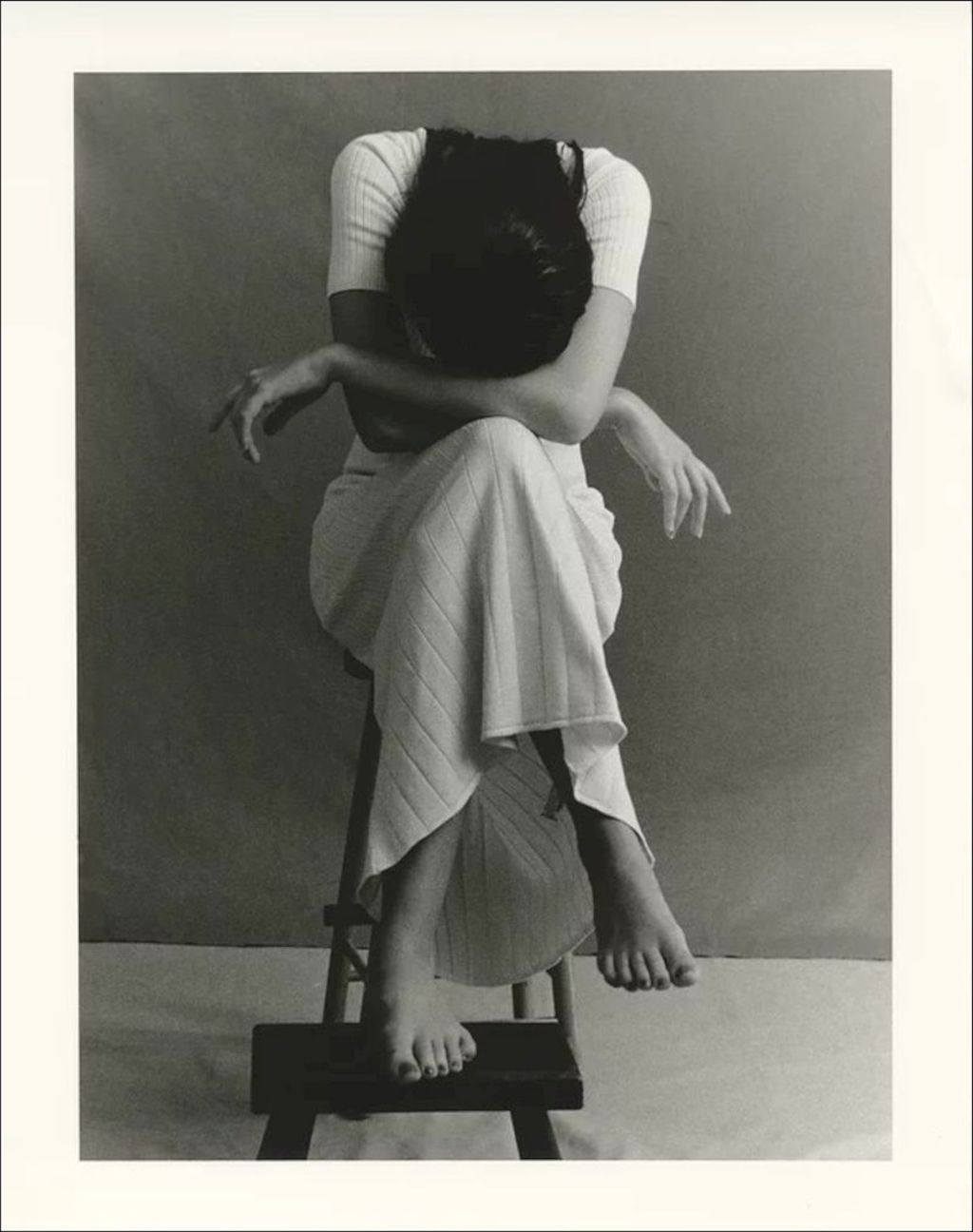 Saturn, within psychological astrology, embodies the archetype of discipline, structure, and limitation. Its influence is akin to that of the wise old man, a mentor figure found in many cultures and stories, who teaches through challenge and restriction. This planetary force does not aim to stifle or suppress but to instill a deep sense of responsibility, structure, and realism in our lives. The innate desire for order, form, and security that Saturn represents is fundamental to human nature. It is this desire that underpins our drive for self-improvement and personal growth. Saturn’s energy encourages us to set boundaries, define our goals, and work diligently towards achieving them. It is the foundation upon which we can build a stable and structured life, offering a framework within which creativity and chaos can be meaningfully explored and expressed.
Saturn, within psychological astrology, embodies the archetype of discipline, structure, and limitation. Its influence is akin to that of the wise old man, a mentor figure found in many cultures and stories, who teaches through challenge and restriction. This planetary force does not aim to stifle or suppress but to instill a deep sense of responsibility, structure, and realism in our lives. The innate desire for order, form, and security that Saturn represents is fundamental to human nature. It is this desire that underpins our drive for self-improvement and personal growth. Saturn’s energy encourages us to set boundaries, define our goals, and work diligently towards achieving them. It is the foundation upon which we can build a stable and structured life, offering a framework within which creativity and chaos can be meaningfully explored and expressed.
Saturn’s association with duty and responsibility highlights its role as a teacher. It is through Saturn’s challenges that we learn the value of perseverance, discipline, and hard work. These lessons are often learned through experiences of limitation and restriction, where we are forced to confront our fears and overcome obstacles. Saturn’s influence teaches us that true growth and maturity come through facing adversity and embracing the challenges that life presents.
When Saturn contacts a planet in our astrological chart, it highlights areas of our life where we may experience fear or inhibition. This fear often stems from a deep-seated sense of inadequacy or a fear of failure. Saturn’s influence here serves as a catalyst for growth, pushing us to confront and overcome these fears. It is through this process that we can learn to express the qualities of the planet Saturn contacts more fully and authentically.
Each birth chart has a “knot of destiny,” according to Dane Rudhyar, which is symbolized by Saturn and reflects the path we must take for personal evolution. This “knot” represents a fundamental issue or challenge that we are destined to face. These Saturnian challenges often manifest as situations filled with frustration, despair, and limitation. However, it is precisely through facing and working through these difficulties that we experience profound personal growth and transformation.
Saturn’s influence can lead to the development of entrenched defenses over time, as we seek to protect ourselves from the pain and disappointment associated with these challenges. While these defenses may provide a sense of security, they can also limit our growth and prevent us from fully engaging with life. Recognizing and addressing these Saturnian defenses is a crucial step in our personal and spiritual development.
Saturn, with its rings of ice and rock, serves as a cosmic symbol of the boundaries that define and contain the chaos of existence. In astrology, its influence is often perceived as stern and restrictive, yet it is within these constraints that the potential for insight and maturity lies.
The influence of Saturn helps to ground us in the physical world, reminding us of the need to work within the confines of reality to achieve our dreams and aspirations. It instills in us a sense of duty, not just to our personal goals, but to the larger social structures within which we live. Saturnian lessons often revolve around understanding and fulfilling our responsibilities to these structures, be they familial, societal, or global. This understanding helps to mold us into responsible, socially aware adults, capable of contributing meaningfully to the world around us.
Saturn’s placement in our birth chart can illuminate those areas of life where we may feel a sense of lack or deprivation. These feelings can stem from various sources, such as emotional, financial, or physical constraints, and they often touch upon deep-seated fears and insecurities. It is precisely in these areas, however, that Saturn invites us to dig deeper, to face our fears with courage and to develop resilience. The sense of pessimism and fatality that sometimes accompanies Saturn’s lessons is not an end in itself but a call to action, urging us to confront and transform our deepest challenges.
The lessons of Saturn are not easy ones, for they require persistence, self-discipline, and humility. These qualities are not innate but are forged in the crucible of Saturnian trials. Through the process of facing obstacles and enduring delays, we learn the value of patience and perseverance. Humility comes from understanding our limitations and recognizing that, despite our best efforts, there are forces larger than ourselves at play. It is this humble acknowledgment of our own limitations that opens the door to true wisdom.
Acceptance plays a key role in Saturn’s lessons. By accepting the difficulties and obligations Saturn places before us, we can move beyond just enduring our struggles and into a deeper engagement with our lives. Acceptance does not mean resignation but it is a willingness to work with what is, to find meaning and purpose within our constraints. This acceptance is the foundation upon which we can build a life of integrity, purpose, and enlightenment.
Saturn’s domain, marked by hardship and rigorous lessons, can feel like a rite of passage—a journey through a landscape of constraints and challenges that tests our resilience, discipline, and fortitude. This celestial taskmaster does not inflict suffering as a cruel weapon, but as a sculptor’s chisel, shaping us into our most magnificent form. The essence of Saturn’s lessons lies in the paradox that within the very experience of limitation and adversity, we find the seeds of our greatest strengths and achievements.
When we encounter Saturnian challenges, it’s as if we’re entering a crucible. The heat and pressure are intense, and it’s within this space that we’re shaped and refined. These experiences often come in the forms of loss, rejection, failure, or other forms of hardship that force us to confront aspects of our lives that are not working. We are at our most defensive and oversensitive in these moments because Saturn touches upon our vulnerabilities, our fears, and our deepest insecurities.
Yet, it is precisely because these challenges cut so close to the bone that they hold the power to catalyze significant growth. The defensive mechanisms we erect in response to Saturn’s tests—while protective—also serve as markers of where our greatest work lies. They highlight the areas where we have the most to learn and, consequently, the most to gain.
The road to mastery and authority in any area of our lives is often paved with the lessons learned through Saturn’s trials. This mastery is not granted lightly; it is earned through persistence, dedication, and a willingness to learn from our failures. When we persevere through our predicaments, we do not just overcome obstacles; we transform them into the very foundation of our expertise and authority. In this way, Saturn does not just signify where we struggle; it also points to where we can ultimately shine the brightest, contributing our hard-won knowledge and strength to the world.
The achievement of a greater consciousness is perhaps the upside to engaging with Saturn’s challenges. This consciousness arises not only from our new found awareness but from a deep, experiential understanding of life’s complexities and contradictions. It’s one that understands the value of time, the importance of effort, and the beauty of patience. Through Saturn’s lessons, we come to appreciate the depth and richness of life, developing an autonomy that enables us to face future challenges with greater strength. Saturn, in its stern way, offers us the keys to a deeper, more meaningful engagement with life, inviting us to rise to our fullest potential.
On a less positive level, when an individual is too strongly identified with the Saturnian view, their negative attitude can prevent them from glimpsing possibilities. When we are depressed for example, what is possible can seem impossible. At best the Saturnian principle makes us prudent, at worst it narrows our vision and therefore narrows our scope. The Contemporary Astrologer’s Handbook (Astrology Now)
Liz Greene’s work, “Saturn: A New Look at an Old Devil,” offers a transformative perspective on Saturn’s role in astrology, moving away from traditional views that cast this planet solely as a harbinger of doom. Instead, Greene highlights the constructive and educational aspects of Saturn, particularly its role in the development of personal values and the maturation process. Her insights delve deep into the psyche, exploring how Saturn’s influence can lead to crystallization through challenges and the necessity of facing pain.
Saturn’s connection with the educational value of pain is a central theme in Greene’s analysis. Pain forces us to confront the reality of our existence, pushing us to develop coping mechanisms and strategies that foster a deeper understanding of ourselves and our place in the world. Greene distinguishes between external values, which are those we inherit or adopt from societal norms, family expectations, and peer influences, and internal values, which are deeply personal, hard-won through introspection, experience, and often, through overcoming adversity.
Saturn plays a major role in this process of differentiation, prompting us to question which values we truly hold as our own and which have been imposed upon us. This planetary influence drives us to seek authenticity in our beliefs and actions, encouraging a journey inward to discover what genuinely resonates with our innermost self.
The astrological aspects of Saturn often reveal a defensive side. These influences highlight how we instinctively guard ourselves against anything we perceive as a threat, a way of protecting our deepest vulnerabilities. These defenses, while protective, can also inhibit growth and prevent genuine connection with others. Saturn’s placement sheds light on those areas of life where we may experience a lack of confidence, feel most inferior, and have a strong desire for improvement. These are the domains where Saturn’s lessons are most keenly felt, pushing us to confront our fears and inadequacies.
Understanding our Saturn contacts can be a huge step in our self-awareness. It involves recognizing where we feel most vulnerable and why, and then working diligently to address these areas. Rather than being content with surface-level adjustments, Saturn urges us to undertake a deeper, more meaningful process of self-improvement. This is not about seeking external validation but about building a sense of self-worth and competence that is internally derived.
Saturn’s influence is often seen as becoming more manageable and even beneficial as we age. This shift is not so much a change in Saturn’s nature but rather in our capacity to engage with what Saturn represents: the reality of our existence within the reality of time, with all its attendant fears, constraints, and limitations. Maturity brings with it a greater understanding of the difference between the limitations that are self-imposed and those that are inherent to the human condition.
Saturn is deeply concerned with the passage of time and the inevitable approach of age. It reminds us of our mortality and the finite nature of our existence, urging us to make meaningful use of the time we have. The responsibilities and duties we take on as we move into adulthood are Saturn’s domain, grounding us in the reality of our lives and the society in which we live. These responsibilities are not burdens but are the building blocks of our identity and our contributions to the world.
When faced with Saturn’s restrictions, life can sometimes feel overwhelmingly predetermined or fated, as if we are trapped by circumstances beyond our control. Yet, it is within this feeling of imprisonment that Saturn performs its most vital work. By confronting us with hindrances, Saturn forces us to find our indomitable spirt and a deeper sense of purpose. The challenges posed by Saturn are not obstacles to our happiness but are, in fact, opportunities for greater personal growth and self-realization.
By learning to operate within our boundaries and accepting our flaws, we embrace our humanity. This acceptance does not mean resignation but it towards an empowered acknowledgment of our capacity to endure, to adapt, and ultimately to thrive. By facing Saturn’s challenges, we learn not just to survive but to build a life of meaning and integrity, firmly rooted in the reality of our experience and the truth of our own hearts.














